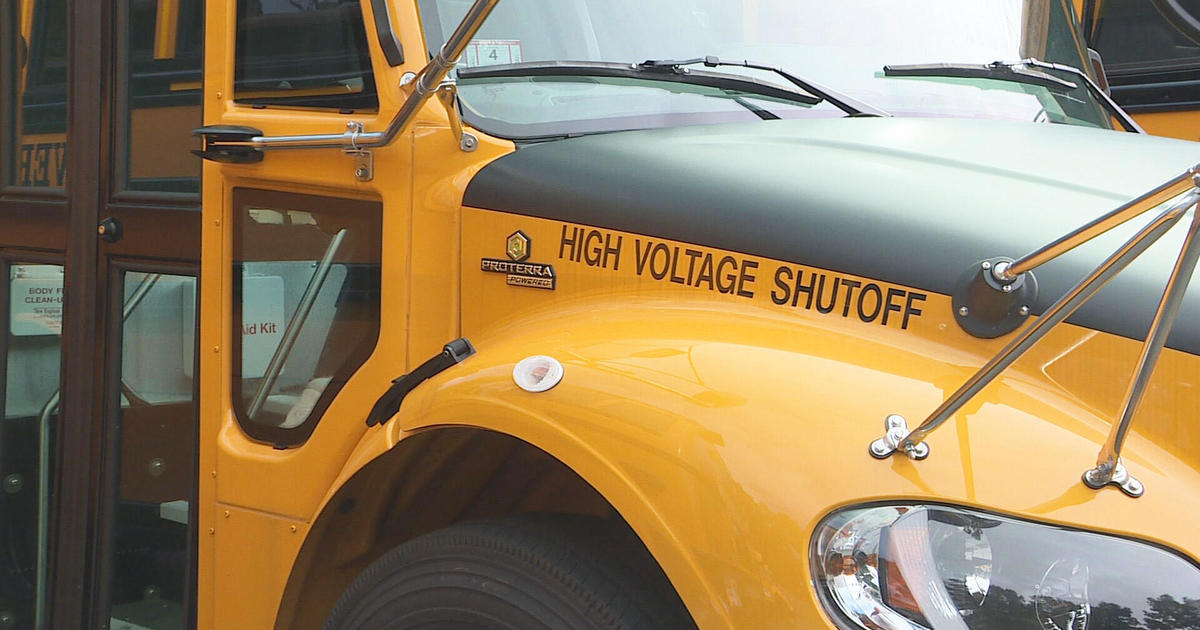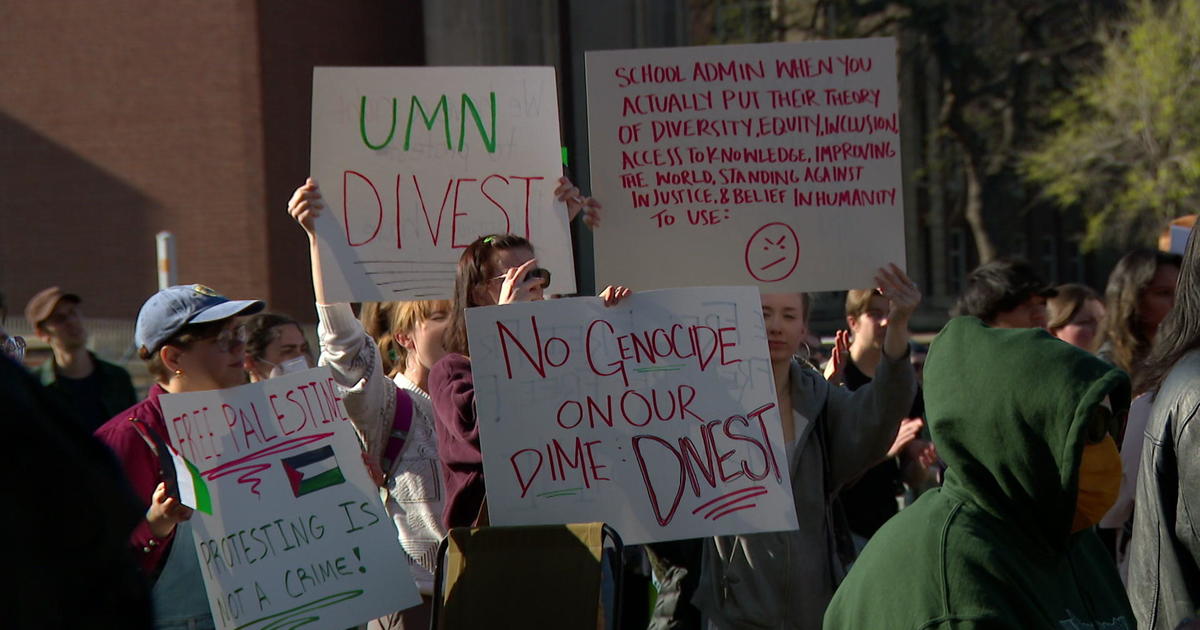Distance Learning Can Be Tough On Teens; Here Are 4 Signs They Might Need Help
MINNEAPOLIS (WCCO) -- Most of Minnesota's largest high schools will again be doing some kind of distance learning this fall, meaning teenagers will again be stuck at home and connected to their devices.
That reality has mental health experts raising concerns. For some students, they might need professional help to address problems.
Before the pandemic, the Liens family did what they could to keep up with their 15-year-old's packed schedule, which included softball, dance, bowling and a part-time job.
"She's a busy person so it's hard to see everything come to a grinding halt," Leslie Lien said of her daughter, Mara.
Mara admits it's the personal connections she misses most.
"It's been harder not being able to see my friends," she said. "It's kind of taken a toll,"
A sophomore at Richfield High School, she'll be in school just once a week this fall.
"I was kind of hoping to go back more," she said. "I'm glad we're doing online stuff so it's safer for everyone but I'm kind of disappointed."
A professor of family social science and developmental psychology at the University of Minnesota, Abi Gewirtz points out that this is the time teenagers find the people who help them become their own person.
"Adolescents, it's really their jobs to separate and individuate," Gewirtz said. "Kind of hard to do that when they're stuck at home."
She says prolonged loneliness can lead to anxiety, depression and even suicidal thoughts.
"Unfortunately, the pandemic is reinforcing electronic communication because there isn't much else we can do, but it is not healthy for kids to be held up in their bedrooms for long periods of time with their electronics," she said.
Gewirtz shares these four signs that something might be wrong with your distance learner:
-- Difficulty sleeping.
-- Eating more or less to find comfort.
-- Excuses that keep them from doing what they once did.
-- Or expressed worries, such as asking a lot of questions with a dark outlook attached.
"I would say the opportunities parents have is to have essential conversations with their kids," Gewirtz said.
She believes it's important to listen and validate concerns.
"Then, have a brainstorming conversation that helps your teen rather than becoming disengaged with the world engaging with the world," Gewirtz added.
Mara admits she's been candid about her feelings.
"I've definitely talked about that a lot more," she said.
She's finding herself closer to her parents as the pandemic continues to change daily life.



